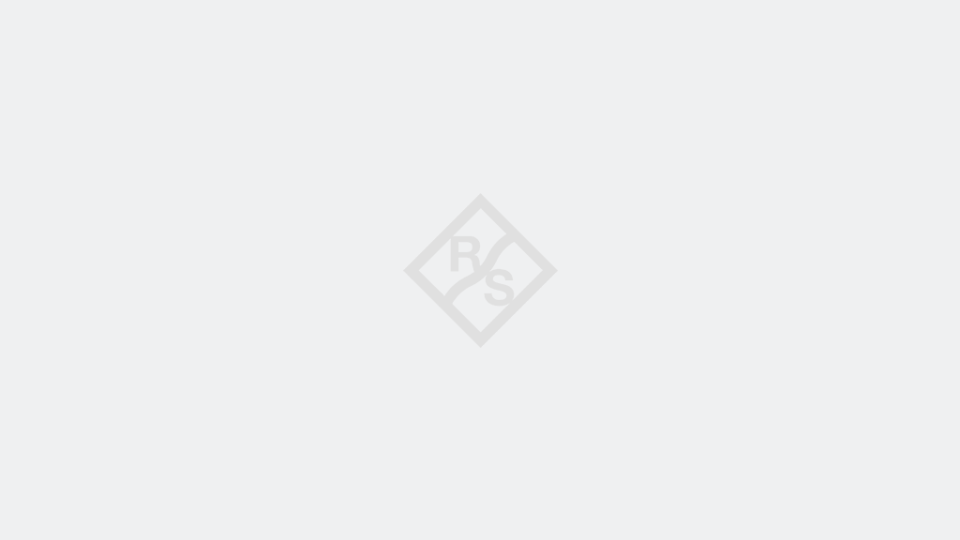Project Quarate
Classical radar technologies (e.g. used for Earth observation through satellites, aircraft or vehicles) are already reaching their physical limits in range, mainly due to the inavoidable noise of the environment and limitations of the sensor technology itself.
Below a certain signal-to-noise ratio (SNR), it is no longer possible to obtain information using conventional, classical microwave signals. However, the use of quantum microwaves and the new correlation possibilities may improve the information acquisition. This so-called quantum advantage may significantly allow for increasing the range or, conversely, for reducing the required signal power. Apart from classical (limited) methods of improving the SNR (e.g. increasing the transmission power, reducing the receiver noise), an alternative technology for fundamentally increasing the SNR is currently not known.
Goals and approaches
First of all, the generally achievable quantum advantage is supposed to be demonstrated under laboratory conditions (millikelvin temperatures, vacuum). Suitable high-frequency circuits must then be developed in order to emit and to detect quantum microwaves (that have been generated under millikelvin temperatures) in the non-cooled space. Special attention is also paid to the highly complex signal processing. In addition to a formal engineering description of a quantum radar, theoretical investigations of quality indicators (e.g. temporal and spatial decoherence) must be carried out. Overall, these activities should result in a roadmap as well as applicable implementations that will be further considered for commercial utilization.





